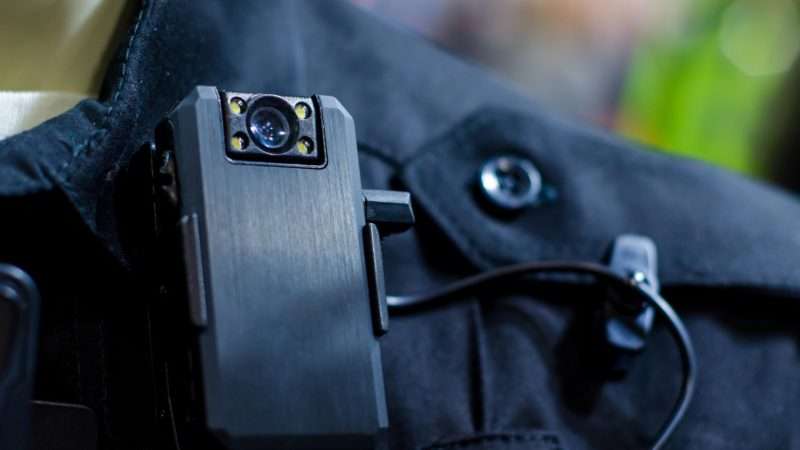
The fatality rate among COVID-19 patients in the United States has fallen dramatically since last spring, from 6.1 percent in mid-May to 2.6 percent yesterday. That downward trend partly reflects a younger, healthier mix of patients, whose median age fell from 46 in May to 38 in August. But two new studies suggest that improvements in treatment also have helped reduce the case fatality rate.
Leora Horwitz and other researchers at NYU Langone Medical Center in New York City looked at outcomes for more than 5,000 hospitalized COVID-19 patients, taking into account age, sex, comorbidities, vital signs at admission, and the results of laboratory tests. Controlling for those variables, they found that the fatality rate fell from 25.6 percent in March to 7.6 percent in August—a 70 percent drop.
“Changes in demographics and severity of illness at presentation did not fully explain decreases in mortality seen over time,” Horwitz and her collaborators note in the Journal of Hospital Medicine. “Even after risk adjustment for a variety of clinical and demographic factors, including severity of illness at presentation, mortality was significantly and progressively lower over the course of the study period.”
Horwitz et al. acknowledge the possibility of “residual confounding,” such as “a higher proportion of particularly frail patients admitted in earlier periods.” But they note that “we observed declines across all age groups,” which “mitigates this concern.” They add that criteria for hospital admission may have changed during the study period, such that patients admitted later were less seriously ill. But they note that “our inclusion of several highly predictive clinical and laboratory results likely captured many aspects of disease severity.”
A study scheduled to be published in the journal Critical Care Medicine found a similar improvement among COVID-19 patients in England. University of Exeter Medical School statistician John Dennis and several other researchers analyzed outcomes for nearly 15,000 patients who required critical care between March 1 and May 30. Adjusting for various potential confounding variables, they found “a sustained decrease in mortality risk” between the first week of April and the end of the study, amounting to a drop of 9 percent a week for patients in intensive care units and 11 percent a week for patients in high intensive units.
“Our analysis, using the largest available COVID-19 specific national critical care database, shows a substantial recent improvement in mortality for people admitted to critical care with COVID-19 in England, with markedly lower mortality in people admitted in mid-April and May compared to earlier in the pandemic,” Dennis and his co-authors report. “Adjustment for all recorded patient level demographic and clinical features suggests this improvement does not reflect a change in patient demographics or comorbidities.”
Dennis et al. say “possible causes” of declining mortality among English COVID-19 patients include “the introduction of effective treatments” and “a falling critical care burden.” Horwitz et al. suggest several possible explanations for the trend they found in New York: “Incremental improvements in outcomes are likely a combination of increasing clinical experience, decreasing hospital volume, growing use of new pharmacologic treatments (such as systemic corticosteroids, remdesivir, and anticytokine treatments), nonpharmacologic treatments (such as placing the patient in the prone position, or proning, rather than on their back), earlier intervention, community awareness, and, potentially, lower viral load exposure from increased mask wearing and social distancing.”
As far as treatments go, Horwitz told The New York Times, “We don’t have a magic bullet cure, but we have…a lot of little things that add up.” For example, “We understand better when people need to be on ventilators and when they don’t, and what complications to watch for, like blood clots and kidney failure. We understand how to watch for oxygen levels even before patients are in the hospital, so we can bring them in earlier. And of course, we understand that steroids are helpful, and possibly some other medications.”
from Latest – Reason.com https://ift.tt/3mxa02q
via IFTTT

